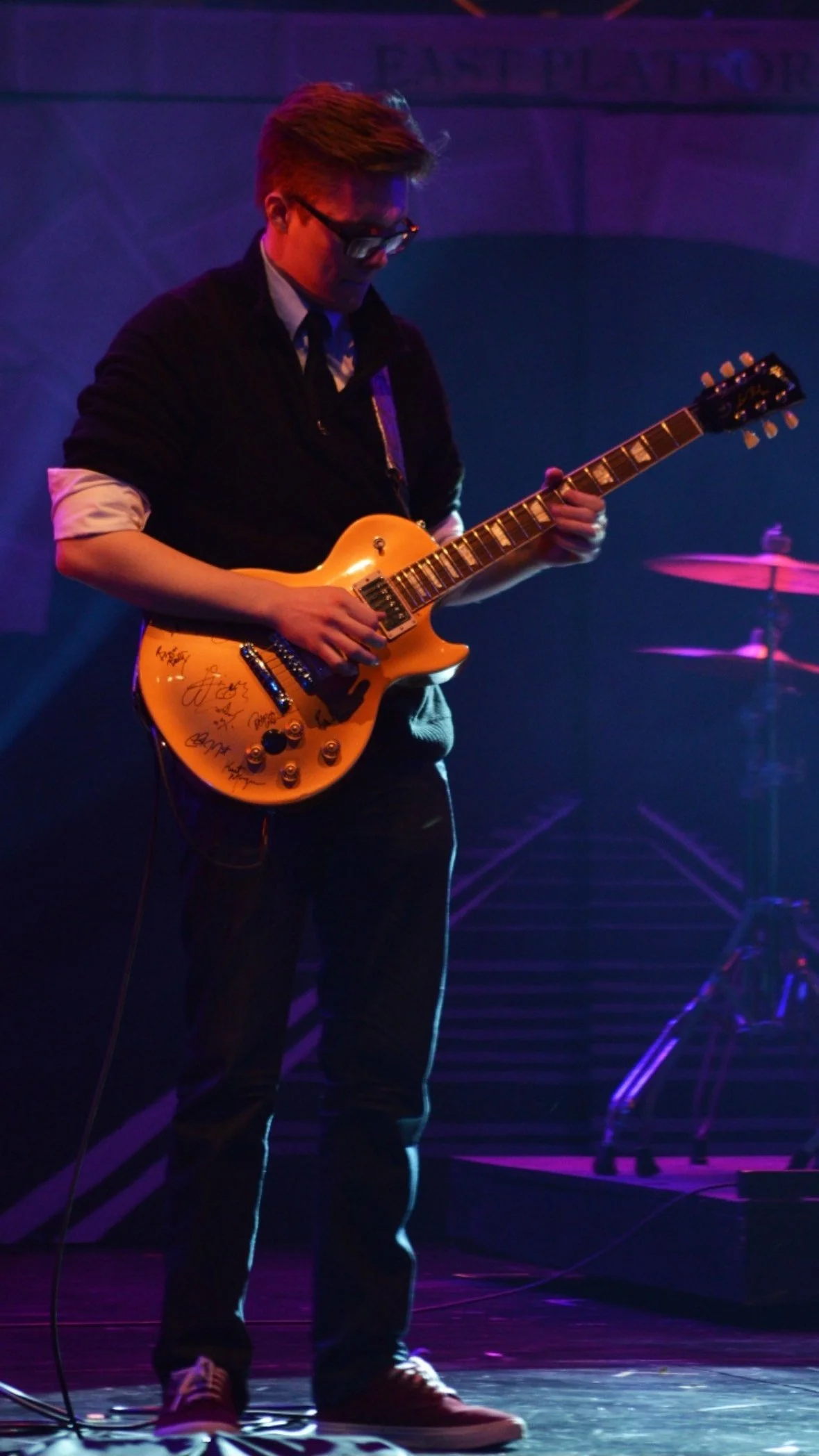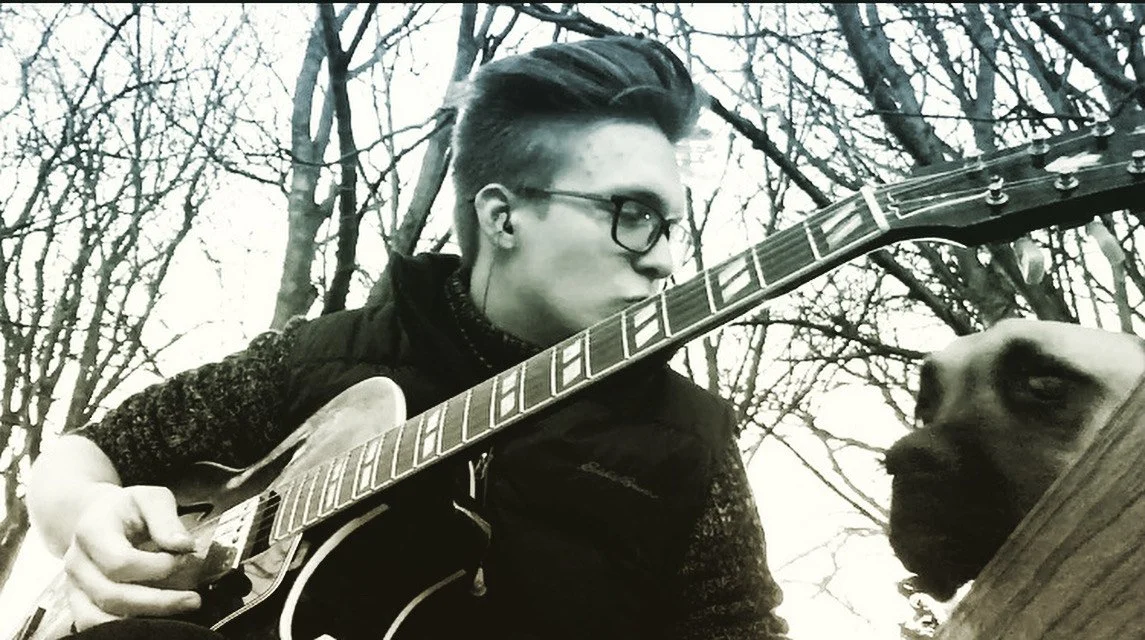I’ve heard it all before.
“I’m going to start practicing this week!”
“My teachers all said I should work on these songs but I just don’t connect with them.”
“I was doing great with my scales for a few days, but I fell off after that. Just got busy.”
“I don’t know what to do. I know I’m not where I want to be, but I have absolutely no idea how to get there.”
Trust me, this isn’t a criticism. I’ve been there more times than I care to admit and I’ve spent my life trying to figure out what the hell was missing. Practicing gets relegated to that pile of “should’s” that you’ll get to when you have more space, more time, better gear, blah blah blah. Truth is, if you’re sitting here reading this then you and I both know that something in you is calling you to play music. Not to be too esoteric about it, but creative minds have a responsibility to be creative for the world or else we never truly feel satisfied. We KNOW we have something to contribute, but there’s this space in between we don’t know how to cross.
I spent years of my life studying dense theoretical concepts, taking lessons with world renowned professors and players across the globe that lead the field both professionally and academically. I poured over books on spectral harmony, atonal theory, advanced improvisation, even new research into learning and the anatomy behind the hands and voice. The goal became, “how do I answer the questions that my students don’t yet know to ask?”
Since then, I’ve taught hundreds of students who’ve gone onto tour professionally, become successful recording artists, pursue undergraduate and graduate programs with Northwestern, Juilliard, Eastman, University of Southern California, UCLA, Princeton, NYU, the University of Illinois, and many more. But the reason students come to me isn’t about learning some crazy Stravinsky harmony or very narrow microtonal theory. It’s because they’ve reached an impasse in their creativity they can’t find their way through. My job is to ask the right questions, fill in the right gaps, and coach you to wherever it is you need to be as an artist.
My goal is to find what drives you to create and develop systems around your success, not give you general workbooks you can get anywhere online. I’m very selective with the students I take on because I feel so much love and passion for musicians who are committed to living into their best self and I want to really show up for you. I’ll tell you now, there are a lot of players who can teach you classic rock hits for half the price. But students consistently come back to me when they have a problem that no one else can solve.
If that sounds like you, then get in touch. We have work to do.



